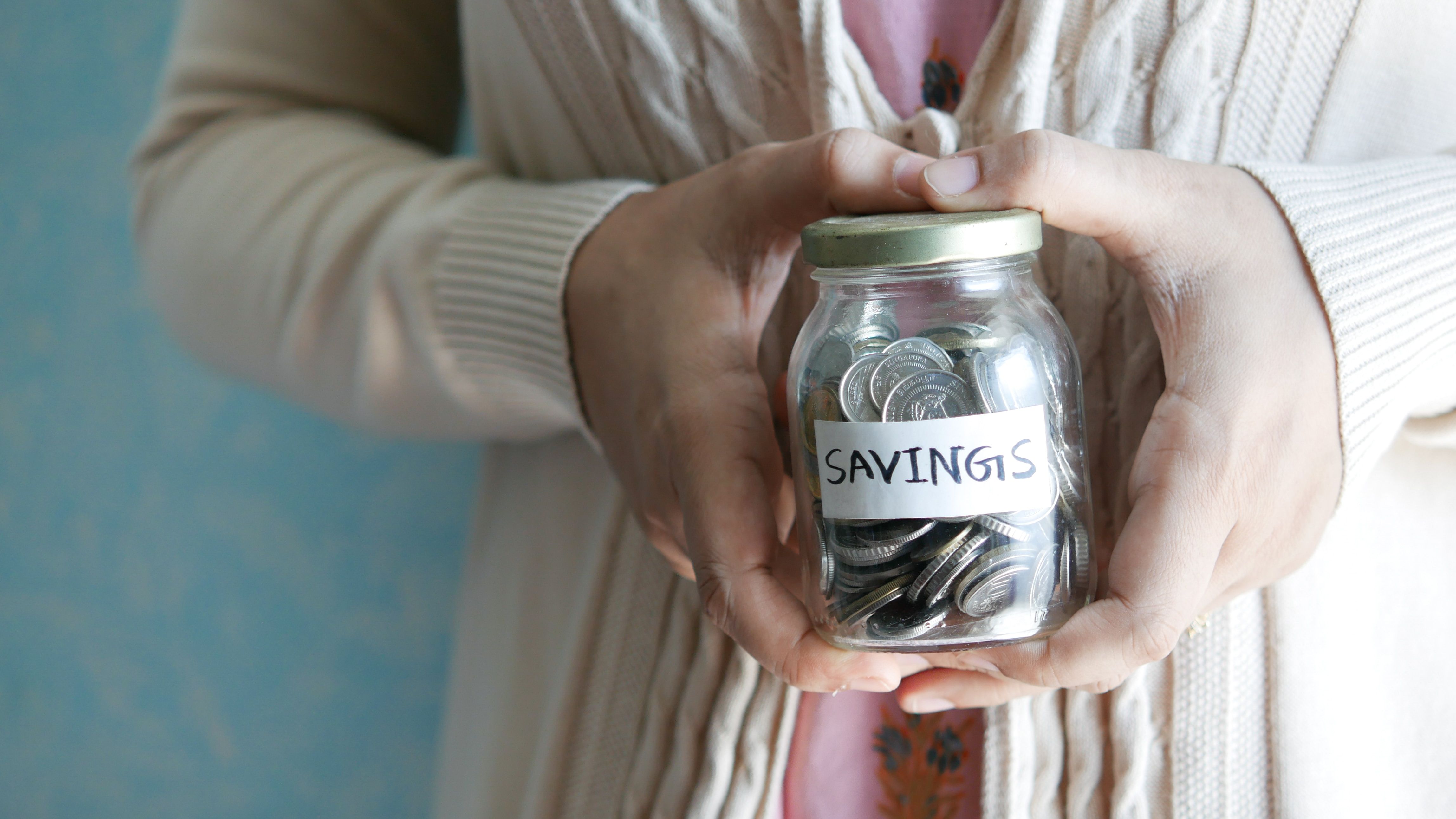Emotional Responsibility in a Partner

This week on the podcast I talked about how emotional responsibility in a relationship creates an emotionally wealthy relationship.
In the same way that financial responsibility leads to financial wealth, emotional responsibility leads to emotional wealth both in friendships and in romantic relationships.
If you make $300,000 per year, but you spend $500,000 because you care about buying a house, a car, and clothes you can’t afford, then you would not be considered financially responsible.
Although there's a lot of potential for financial wealth in this situation, the potential is not actualized.
Similarly, emotional wealth is built when you have more positive interactions than negative ones. Your positive interactions build and compound, which makes you more resilient to the negative interactions.
If a person gives a lot to their connection, but they also take a lot by saying twice as many mean things to their partner as nice things … that's an emotionally bankrupt relationship.
If it's exactly even and for every positive interaction you have one negative interaction, you’re living paycheck to paycheck in that relationship.
That is not the standard that you want to have for yourself or your relationships.
You want to have an abundance of positive emotional connection because what happens if an unexpected expense comes?
What if one of you has a stressful day at work?
What if somebody has to move away for three months for a job opportunity?
Your relationship won't be resilient to that if you don't have an abundance of emotional wealth.
The first habit of an emotionally responsible person in a relationship is making deposits.
Dr. John and Julie Gottman talk about this a lot with their concept of making and responding to bids.
Does the person respond kindly when you reach out for connection, or do they diminish your bids, push them away, or ignore them?
Every time someone turns against a bid or ignores a bid, it's a withdrawal from the connection. When they turn towards it, it's a deposit into the connection.
You can also look at how someone makes bids by sending you that little thoughtful text or funny thing that they saw, making plans, and spending time together.
In an emotionally wealthy relationship, you'll be making a lot of bids and you'll be turning towards most of the bids that your partner makes.
Secondly, is that behavior consistent?
Everybody has maybe a month around the holidays where they spend more money or they go on vacation.
We all have periods of our life where we're not as responsible or goal-oriented as we would like to be, but in general there's an upward trend.
It feels like there's consistency to that behavior.
It's not one week on and one week off, never knowing know how much you're going to get paid next week.
The third piece is about honest, transparent, and sometimes uncomfortable communication.
The tough conversations that we sometimes need to have in a relationship feel like withdrawals, so a lot of people avoid having them.
Communicating with someone in a kind way when something is wrong is an initial withdrawal, which can be uncomfortable, but that withdrawal is really used to make an investment in the relationship.
When I had to set up my retirement account, I had to pay $3000 immediately, but I was just putting it in a different account where it could grow and create a lot more money in the long run.
Uncomfortable conversations are a lot like that where there's this immediate withdrawal, but a lot more can come of it.
The compounding interest is increased intimacy, resolving challenges together, and much more trust because you know you can rely on the person to communicate honestly with you.
___
Want to go From Dating To Exclusive? Make sure you get on the waitlist for the next program. Click here to learn more.
This content was originally published on the Women's Dating and Confidence Podcast. Listen on Apple Podcasts or Spotify.